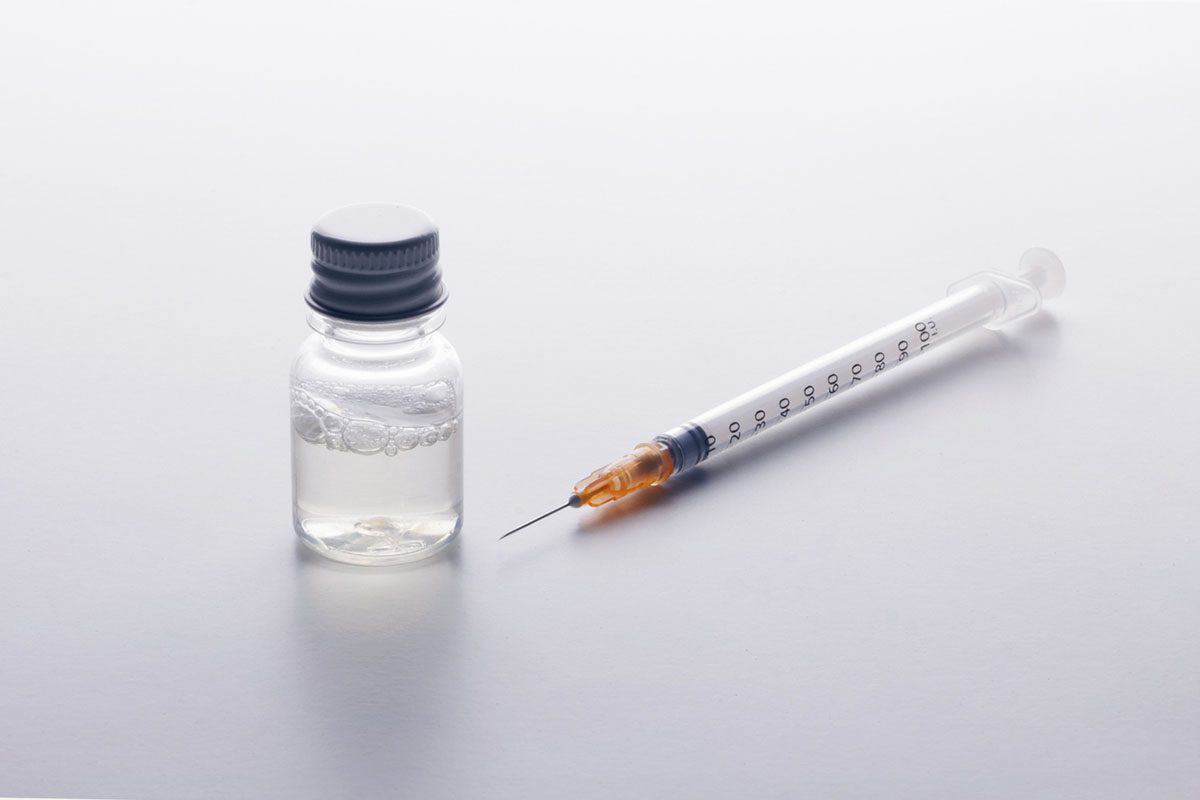Abuse of Prescription Medication, Alcohol, and Drugs Among Internal Medicine Outpatients
To the Editor: Investigators have confirmed relationships between prescription medication abuse and alcohol/drug misuse in various populations (eg, adolescents, community samples, individuals in treatment), but we are unaware of any analogous studies among internal medicine outpatients.
Method. Adult patients were recruited during 4 research projects from the same clinical setting (an internal medicine outpatient clinic staffed predominantly by resident providers) over a 2-year period (2009-2011).1-4 The final sample consisted of 1,102 patients (353 men, 748 women, and 1 patient for whom data were missing), aged 18 to 97 years (mean = 49.74 years, SD = 15.35 years), who were mostly white/Caucasian (87.1%).
Patients entering the reception area were approached by a research assistant, who excluded individuals unable to successfully complete a survey (eg, those with severe illness and/or language difficulties). The recruiter reviewed the project with potential participants and invited each to complete a survey that included a demographic query and 2 self-report measures—the borderline personality disorder scale of the Personality Diagnostic Questionnaire-4 (PDQ-4)5 and the Self-Harm Inventory (SHI).6 SHI item 13 asks, "Have you ever intentionally, or on purpose, abused prescription medication?" The PDQ-4 queries, "I have done things on impulse (such as those listed below) that can get me into trouble," with 6 options, including "drinking too much" and "taking drugs."
These 4 projects were reviewed and exempted by the institutional review boards of the community hospital and the university. Survey completion was assumed to be implied consent (explicitly clarified on the cover page of the survey).
Results. Of the 1,102 respondents, 100 (9.1%) reported abuse of prescription medication, 230 (20.9%) drinking too much, and 106 (9.6%) taking drugs. Although similar percentages of men (9.3%) and women (9.0%) endorsed abuse of prescription medication (χ2 = 0.04, P < .85), statistically significantly more men than women indicated drinking too much (26.1% vs 18.4%, χ2 = 8.41, P < .01) and taking drugs (12.2% vs 8.4%, χ2 = 3.89, P < .05). Point-biserial correlation coefficients revealed that older respondents were less likely to report having abused prescription medication (r = -0.21, P < .001), drinking too much (r = -0.18, P < .001), or taking drugs (r = -0.23, P < .001). Overall, abuse of prescription medication was predictive of both drinking too much (r = 0.41, P < .001) and taking drugs (r = 0.53, P < .001).
Last, we performed a logistic regression analysis in which prescription medication abuse was predicted by the drinking and drug-use variables, with age and sex included as covariates. While age and sex were considered simultaneously, age remained independently related to abuse of prescription medication (Wald = 7.67, P < .01) as did both drinking too much (Wald = 33.18, P < .001) and abusing drugs (Wald = 61.85, P < .001), whereas sex did not (Wald = 1.15, P < .29).
The potential limitations of this study include the self-report nature of the data, potential definitional overlap among the variables, and possible participant overlap in the 4 databases, yet findings indicate clear relationships between prescription medication abuse and drug/alcohol abuse among internal medicine outpatients.
References
1. Sansone RA, Farukhi S, Wiederman MW. Disruptive behaviors in the medical setting and borderline personality. Int J Psychiatry Med. 2011;41(4):355-363. PubMed doi:10.2190/PM.41.4.e
2. Sansone RA, Lam C, Wiederman MW. Borderline personality disorder and reckless driving. J Clin Psychiatry. 2010;71(4):507. PubMed doi:10.4088/JCP.09l05494gre
3. Sansone RA, Lam C, Wiederman MW. The relationship between illegal behaviors and borderline personality symptoms among internal medicine outpatients. Compr Psychiatry. 2012;53(2):176-180. PubMed doi:10.1016/j.comppsych.2011.03.006
4. Sansone RA, Leung JS, Wiederman MW. Litigious history and borderline personality symptomatology. Prim Care Companion CNS Disord. 2012;14(6).
5. Hyler SE. Personality Diagnostic Questionnaire-4. New York, NY: New York State Psychiatric Institute; 1994.
6. Sansone RA, Wiederman MW, Sansone LA. The Self-Harm Inventory (SHI): development of a scale for identifying self-destructive behaviors and borderline personality disorder. J Clin Psychol. 1998;54(7):973-983. PubMed doi:10.1002/(SICI)1097-4679(199811)54:7<973::AID-JCLP11>3.0.CO;2-H
Author affiliations: Departments of Psychiatry and Internal Medicine, Wright State University School of Medicine, Dayton, and Department of Psychiatry Education, Kettering Medical Center, Kettering, Ohio (Dr Sansone); and Department of Psychology, Columbia College, Columbia, South Carolina (Dr Wiederman).
Potential conflicts of interest: None reported.
Funding/support: None reported.
Published online: September 26, 2013.
Prim Care Companion CNS Disord 2013;15(5):doi:10.4088/PCC.12l01433
© Copyright 2013 Physicians Postgraduate Press, Inc.





